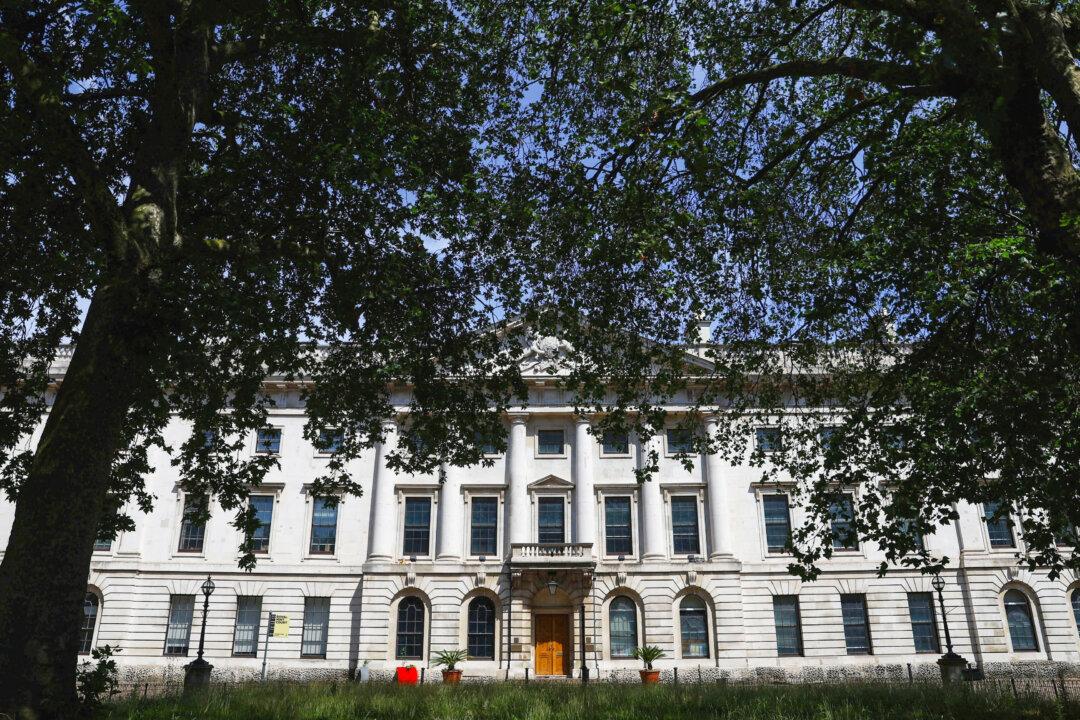London’s Tower Hamlets council rejected Beijing’s plan for a large new embassy for a second time, putting pressure on Westminster to deny the application.
On Monday, local councilors on the borough’s Strategic Development Committee voted unanimously to reject the planning application, citing concerns over protest-related issues such as traffic congestion, impact on local tourism, and policing.





